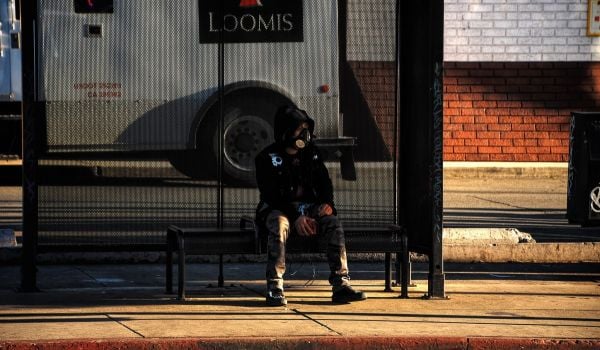Our weekly “New Starts” roundup of new and newsworthy transportation projects worldwide.
London’s Elizabeth Line to Open Even Later, Cost Even More
Maybe that super-express metro line across London should be called “Star-Crossedrail,” for it seems that every time its projected opening date nears, it gets pushed back further.
Dynamic testing of the trains continues in the Elizabeth Line tunnels, with actual test runs set to begin next year, but the latest word from Crossrail Ltd, according to a news item in Metro Report International, is that the six-month project opening window that was to begin in October 2020 and end in March 2021 has shifted to the late end of the period. And it’s not certain that the line will even open in March: Crossrail now says the line will open “as soon as practically possible in 2021.” The company says it will get more specific about when that will be in early 2020.
Metro Report also reports that the project’s cost has also shot upward some more. Crossrail’s latest cost estimate is £650 million (US$835.72 million) higher than its previous figure of £17.6 billion (US$22.63 billion). According to the story, the British Department for Transport and Transport for London are discussing how to cover this latest shortfall. The two transportation agencies share the cost of this project with the Greater London Authority.
The Elizabeth Line tunnels’ central section should be “substantially complete” except for one station by March 2020, with fit-out of the tunnels taking place shortly thereafter, but the date for completion of the signaling system software remains uncertain. The Bombardier trainsets should begin test runs in the tunnel sometime in 2020.
Work on São Paulo Metro Line Inches Closer to Resuming
Meanwhile, in the Southern hemisphere, the government of the state of São Paulo in Brazil appears close to picking a builder to resume work on the stalled Line 6 Orange metro construction project.
The International Railway Journal reports that the São Paulo state government announced on Nov. 11 that it will spend the next 90 days evaluating a deal whereby Spanish construction firm Accion will take over the public-private partnership charged with building the line.
Construction of the 15-km (9.3-mile) line began in April 2015 and came to an abrupt halt 16 months later. The work stopped when several of the contractors in the original consortium, including Odebrecht, Queiroz Galvão and UTC Engenharia, got caught up in an anti-corruption sting operation known as Lava Jato (“Car Wash”). The state government has been trying to terminate the contract with the original Move São Paulo consortium since March 2018.
Now that Accion has completed negotiations with the Move São Paulo consortium to take over the PPP, the government will evaulate its technical capacity to build the line. The exact date for resumption of construction remains unclear.
The 15-station line, which will cost 9.6 billion reals (US$2.3 billion) to build, is currently 15 percent finished. When complete, it will connect the northern neighborhood of Brasilândia with São Joaquim. The line has been nicknamed the “university line” because it will pass several institutions of higher education along the way.
Albuquerque BRT Survives Near-Death Experience, To Open Nov. 30
Mass Transit reports that the city of Albuquerque will launch service on the Albuquerque Rapid Transit (ART) line’s two routes on Nov. 30, after a series of mishaps with the project that delayed its opening by nearly two years and came close to scuttling it completely.
The headaches began when the first of what was to have been 20 battery-electric buses arrived from Chinese manufacturer BYD. According to a Los Angeles Times story that ran in February, the buses were plagued with defects, malfunctions and batteries that didn’t hold a charge for as long as they were supposed to. Just one month after they entered service, the city scrapped the 15 buses that actually got delivered, sued the manufacturer, and shortly thereafter placed an order for 20 clean-diesel buses. During the year that the line sat idle, local business owners and residents fumed over the dedicated lanes in Central Avenue that motorists could not use and filed lawsuits seeking to shut down the project completely.
The New Flyer buses’ design required some modifications to the bus lanes and station platforms, which explains why the opening is taking place only now when the buses arrived in June. The articulated buses have a capacity of 134 passengers, enabling them to provide the high-capacity service the line was designed to deliver.
ART was conceived during a time when ridership on Albuquerque’s bus network was rising. It was also seen as a way to revitalize Central Avenue, the street that carried famed U.S. 66 through the city. In order to atone for the mishaps and get riders used to the new service, rides on the two ART routes will be free from opening day through Jan. 1, 2020.
Boston’s Challenge: Find $75 Billion to Fix Its Transportation Network
That $28 billion figure the MBTA Fiscal Control Board projects as the cost of transforming Greater Boston’s regional rail network (“New Starts,” last week) was just a drop in the bucket, it appears.
The Boston Herald tallied all the projects state transportation agencies would like to build in the near future, including some projects already underway, and came up with a total of $75 billion they all would cost the state.
The Herald article quotes representatives of some fiscal-hawk organizations as saying that total is above the Commonwealth of Massachusetts’ pay grade. “The number is so high that it’s hard to fathom — it’d make the Big Dig look minuscule,” Paul Craney of the Massachusetts Fiscal Alliance told the paper.
“There is no foreseeable way that Massachusetts would be able to spend $75 billion on transportation over the next decade,” said another fiscal hawk, former Inspector General Greg Sullivan, now at the Pioneer Institute.
Both hawks suggested the state would have to pick and choose which projects to fund, and Gov. Charlie Baker is on record as opposing one of the biggies — the North Station-South Station rail link, estimated to cost $9.8 billion.
But advocates for transportation improvements aren’t backing down that easily. A business alliance calling itself A Better City is pushing for toll and gas tax hikes that would raise $50 billion — two-thirds of that total — over the next 20 years, the Herald also reports. While one-fifth of that total would go towards bridge and highway repairs and improvements, the bulk would go towards rebuilding, improving and expanding the MBTA’s rapid transit and regional rail networks.
Know of a project that should be featured in this column? Send a Tweet with links to @MarketStEl using the hashtag #newstarts.

Next City contributor Sandy Smith is the home and real estate editor at Philadelphia magazine. Over the years, his work has appeared in Hidden City Philadelphia, the Philadelphia Inquirer and other local and regional publications. His interest in cities stretches back to his youth in Kansas City, and his career in journalism and media relations extends back that far as well.
Follow Sandy .(JavaScript must be enabled to view this email address)

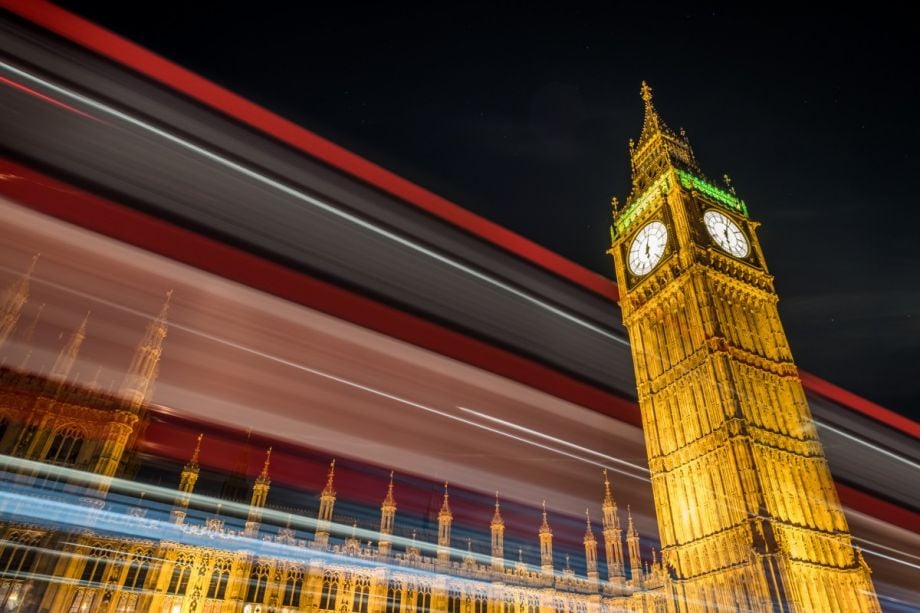



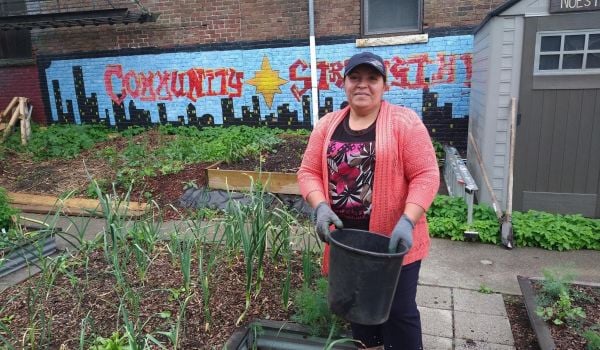
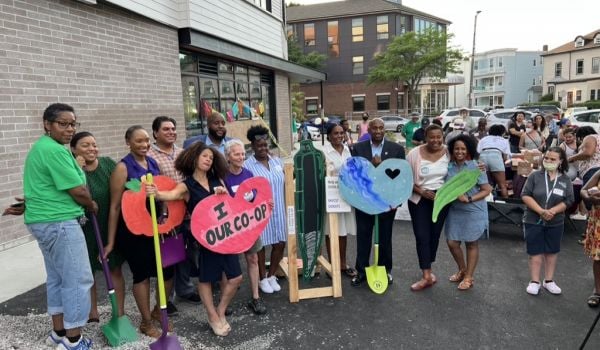
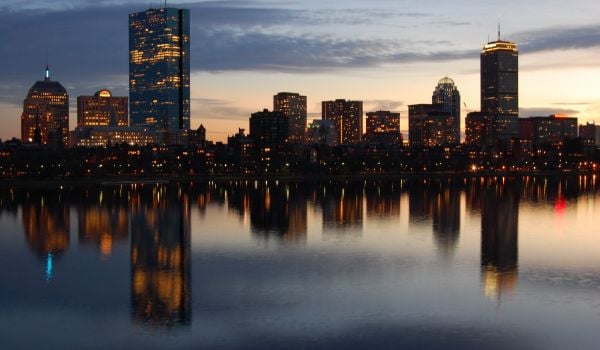
_on_a_Sunday_600_350_80_s_c1.jpeg)
